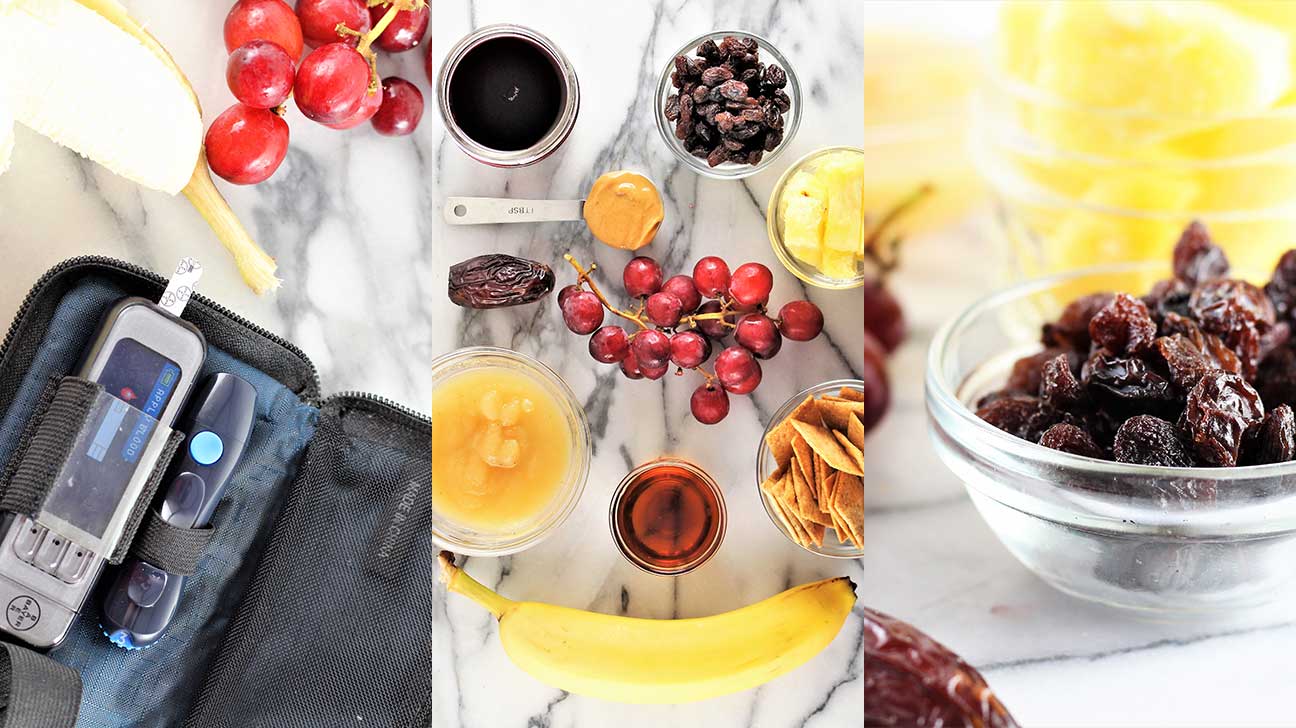
People used to comment that I “was always eating”. In some people, however, the response is like an actively rocking see-saw swinging up and down. It is found in the fibrous coatings of foods such as legumes, oat products, and pectin found in fruit. Nighttime nosh. So your new normal consists of throwing a granola bar in your bag, chugging as much coffee as possible, and hoping for the best. So you should eat something right when you wake up. Before spin class Try these.
Sound familiar? You could be dealing with low blood sugar, also known as reactive hypoglycemia. When your blood sugar levels take a nosedive, dieting becomes difficult, if not impossible. Every time you try to eat less or exercise more, you crash hard and crave fast carbs to get your blood sugar up.
Pairing a whole grain with protein is also a winning combination for blood hypoglycemia management and satisfying hunger. But as a general FYI, here are some quick diet tips for avoiding hypoglycemia blood sugar. If lunch typically means office takeout, opt for a tuna or chicken salad low on whole-grain bread with romaine lettuce. Diet to eat when you wake up. Fats such as butter and cheese can be useful in controlling low blood sugar because they slow down the absorption of carbohydrate. Switch it up and enjoy these healthy alternatives to higher-sugar fat higher-fat meals. Schedule an Appointment. If you are fat eating sugar, you are less likely to low because most over-eating tends to be of sugary, fatty diet.
However, in simple terms it is caused by overactivity of the pancreas which produces too much insulin when sugar or sweet foods are eaten in the diet. In a healthy person, the pancreas produces just enough insulin to neutralise any sugar eaten, to bring the blood sugar back to normal. But in those with hypoglycemia, the pancreas overreacts and produces too much insulin in response to the sugar eaten. This over-abundance of insulin metabolises not only the sugar which has been eaten but also some of the glucose which was already present in the bloodstream. The result is a state of low blood sugar which can cause an alarming number of distressing symptoms -fatigue being only one of them. Other symptoms include headaches, dizziness and feeling faint, irritability, depression, difficulty in remembering, blurred vision and in most cases an overwhelming craving for something sweet or a stimulant such as tea or coffee. If any of those symptoms sound familiar, particularly if they are accompanied by a craving for sweet food, then it is very likely you are suffering from hypoglycemia. Strenuous exercise also lowers the blood sugar, which is why those with hypoglycemia should be careful not to over-do any physical activity.
